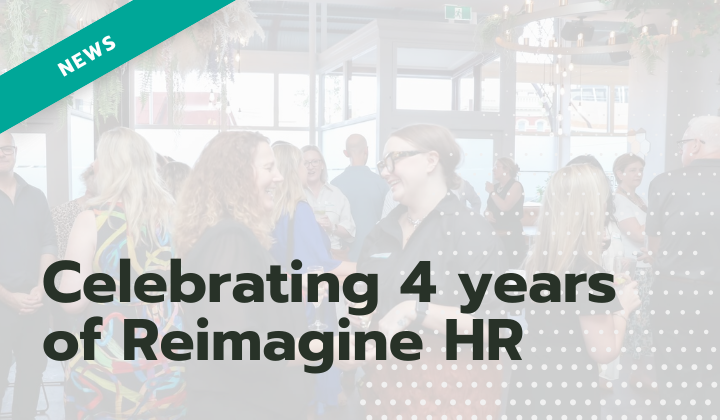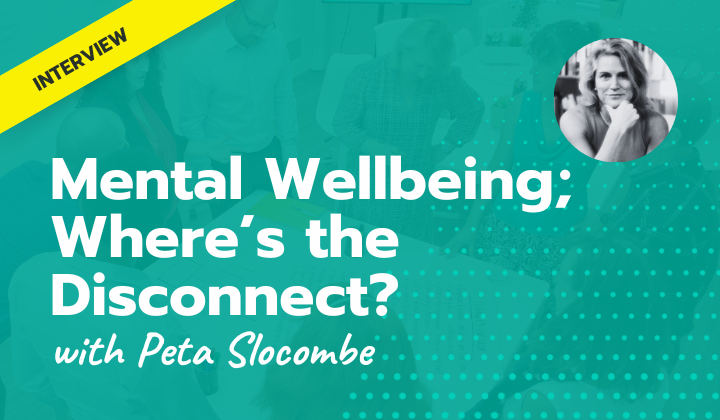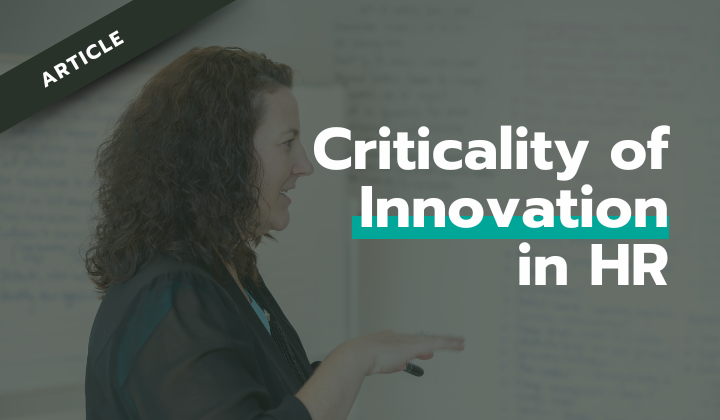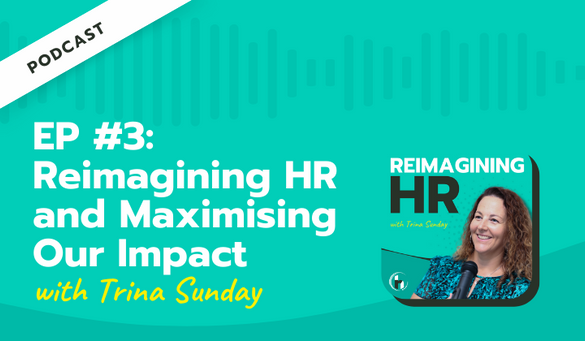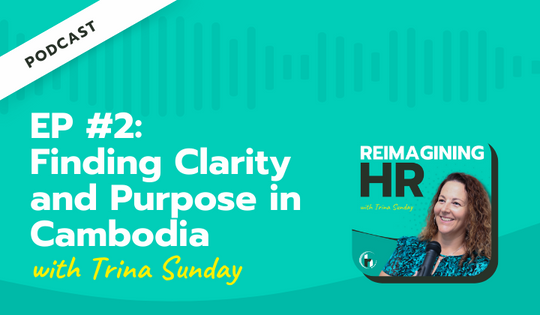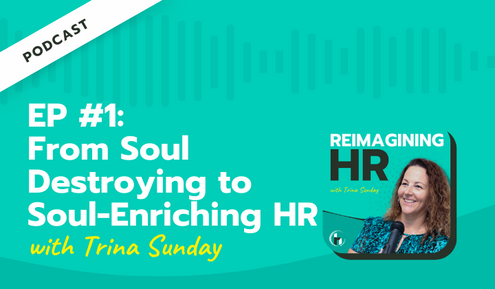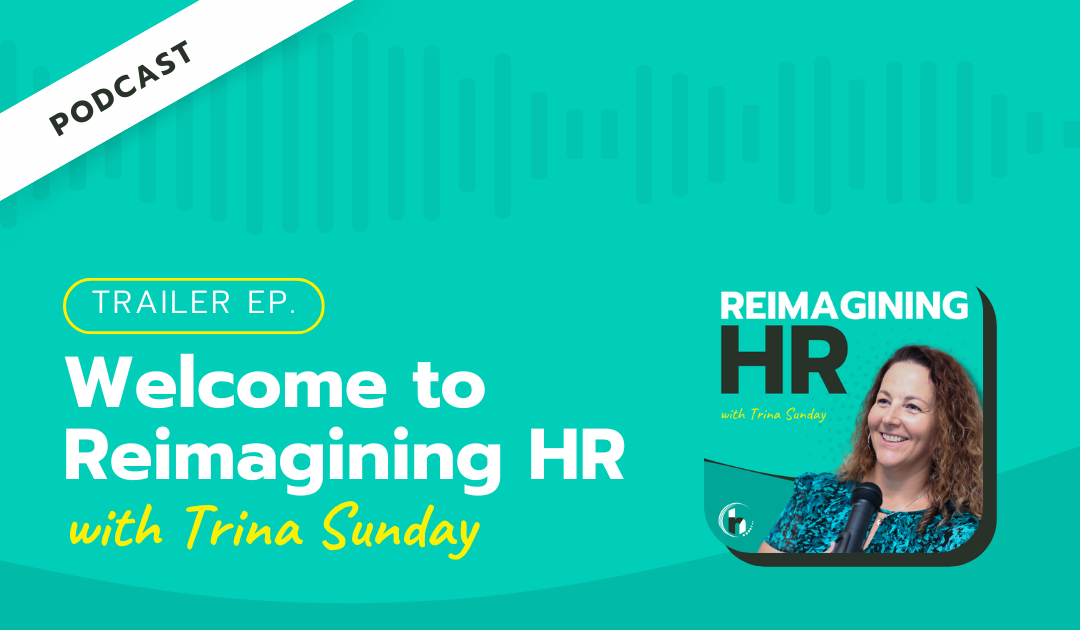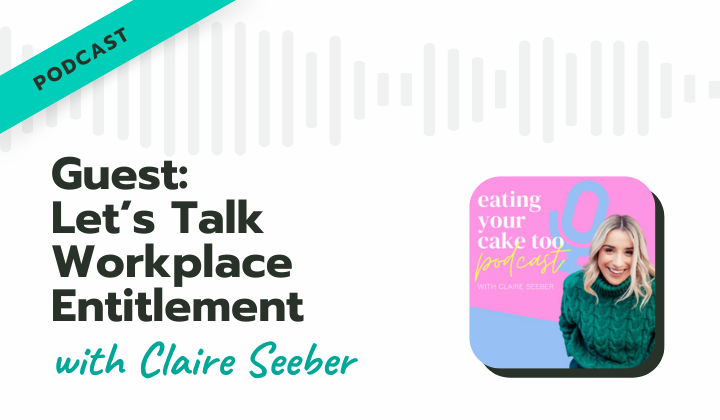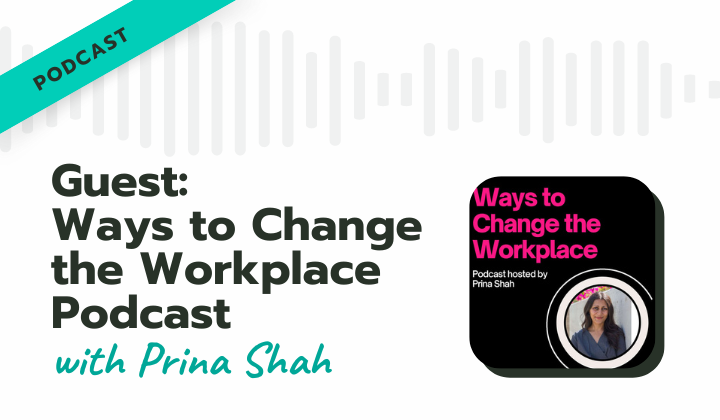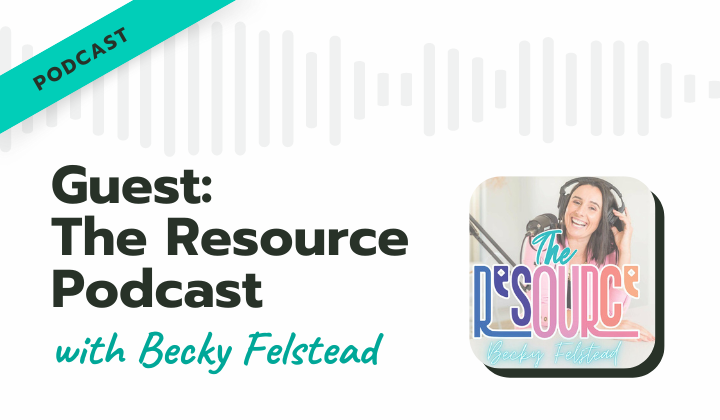The United Nations has been a big topic of conversation in the office at the moment.
Not just because of the horrific civilian casualties in the war between Hamas and Israel, but due to a timely conversation Trina had with one of the UN Peacekeeper Trainers who does phenomenal work exploring gender inequality.
You’ll learn more about her at a later date. Absolute legend. Watch this space….
The UN is all about Peace, dignity and equality on a healthy planet.
Imagine if HR was all about peace, dignity and equality in a healthy organisation.
UN Peacekeepers follow three basic principles that set their operations apart as a tool for maintaining international peace and security. They see the principles as “inter-related and mutually reinforcing”:
- Consent of the parties
- Impartiality
- Non-use of force except in self-defence and defence of the mandate
We chatted about takeaways for Human Resources, using a UN Peacekeeper lens.
#1 Exploring the Principle of Consent
Does HR go into conflicts and negotiations with the consent of the parties? We’re always treading a fine balance between employer and employee advocacy. Without consent, HR’s peacekeeping risks being drawn into some enforcement, and away from its value-adding role of keeping the peace. Just because the top dogs (Exec) might have consented to HR involvement, there is no guarantee that the consent exists at a local level. Especially if an organisation is internally divided or has weak leadership and systems.
Have our leaders and employers truly consented to HR involvement?
#2 Considering Impartiality
You need impartiality to ensure ongoing consent and cooperation but that doesn’t mean HR is neutral or inactive. We still have a mandate to deliver (most of the time). Referees are impartial but call out breaches of the rules. You can’t compromise impartiality because you’re scared of misinterpretation or retaliation. Not being impartial undermines peacekeeping/HR’s operations credibility and legitimacy.
Employees know what side of the table HR are sitting on if a conflict escalates (to court/tribunal), can HR truly be impartial?
#3 Reflecting on Non-Use of Force
Robust peacekeeping is not peace enforcement which doesn’t require consent. Rather its use of force at a tactical level within authorisations that have been established up front. Use of force would be a last resort and only if acting in self-defence or protecting the ‘mandate’. Typically, the use of force has political (reputational) implications and can kick off a whole other set of unforeseen circumstances. In UN Peacekeeping judgements about the use of force are “based on a combination of factors including mission capability; public perceptions; humanitarian impact; force protection; safety and security of personnel; and, most importantly, the effect that such action will have on national and local consent for the mission.” That kind of judgement takes experience, analytical thinking and human skills.
Does HR have a crystal clear mandate/purpose/mission to know when ‘force’ is appropriate in the quest to achieve goals?
Imagine if HR was all about peace, dignity and equality in a healthy organisation.
What would you do differently?
We would love you to share your thoughts!
Trina

